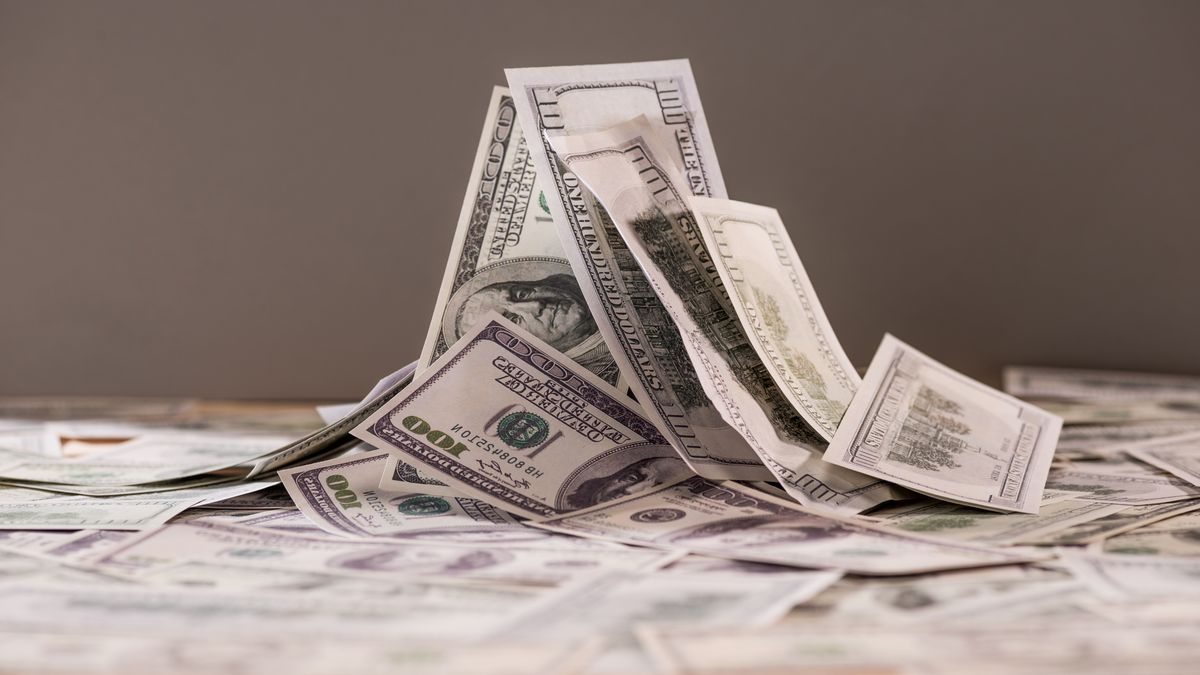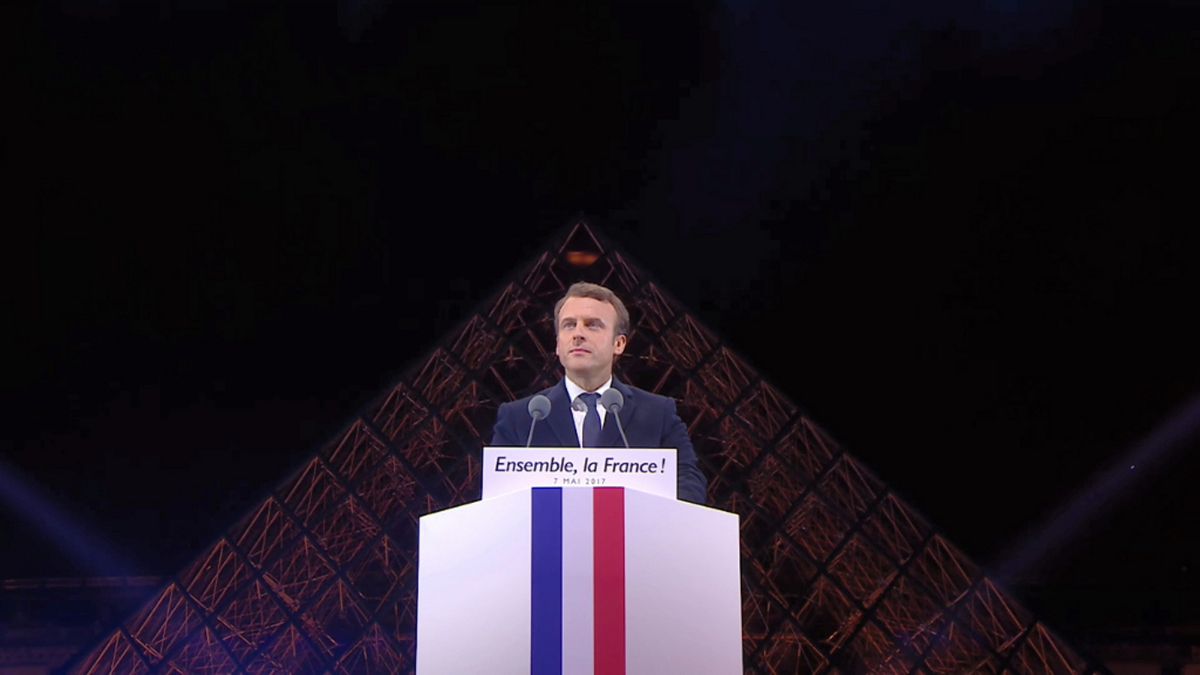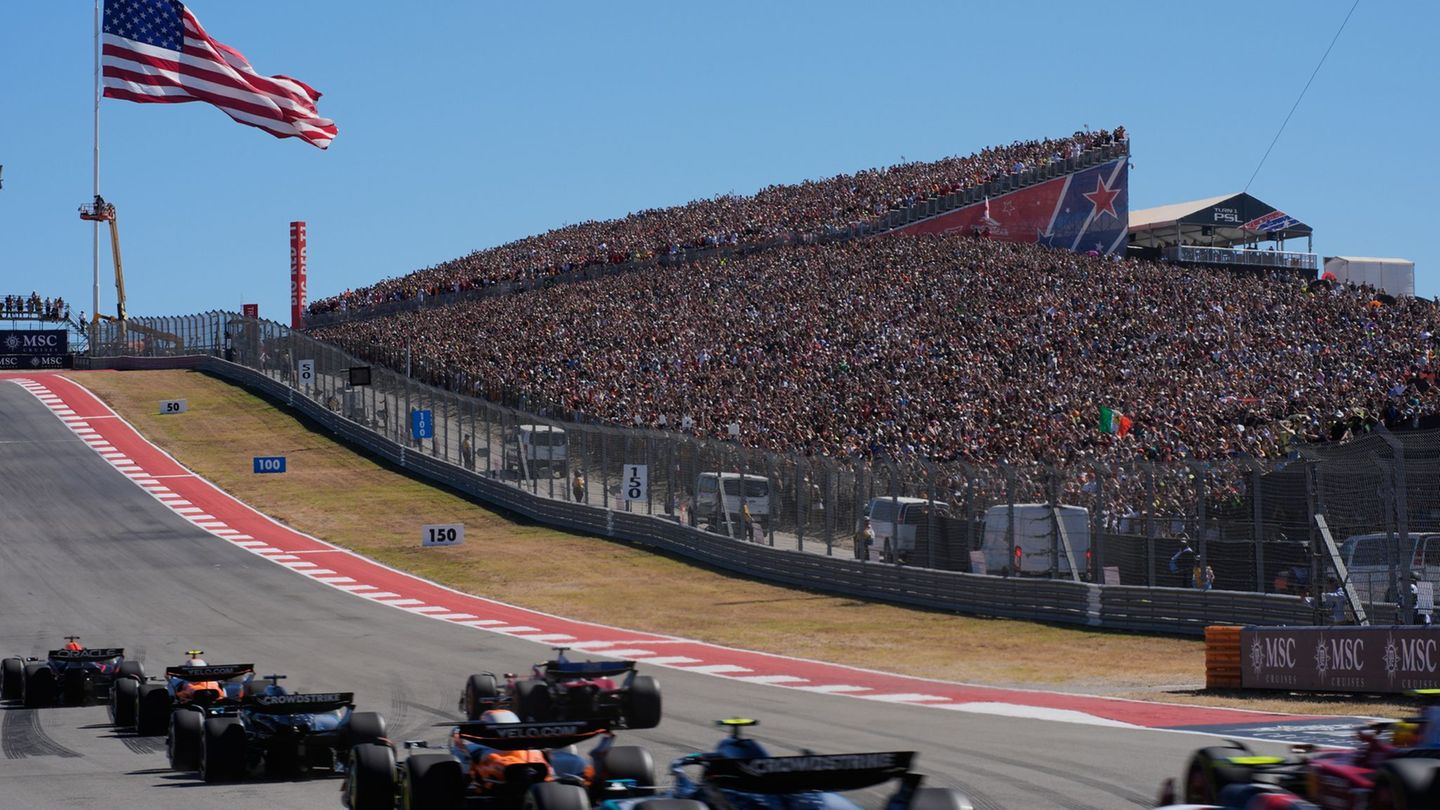If Javier Milei wins3 things could happen, as it changes:
one) Dynamite or “blow up” the BCRAwith which the pesos deposited in banks, from October (if he wins) until he takes office in December, would cause an inevitable stampede of the holders of fixed-term certificates and money in savings accounts and checking accounts. (Discarded).
2) Make a swap of public securities against Leliqs. Another Bonex Plan? (safe run).
3) dollarizeprior rearrangement of the current structure of relative prices (prior devaluation of the peso).
If Patricia Bullrich wins, said verbatim: “We are convinced that Argentina is going to have to leave with the savings of the Argentines, because capital is not going to come for a while.” – Another playpen? –
If Rodríguez Larreta winsFor him, the best thing is for the markets to decide. Flotation without own dollars or external credit. If you were to lift purchase restrictions, (the dollar would not have a ceiling).
If Macri winswho devalued 500% during his administration, and today promises to do the same, but faster, can produce the dollar stampede 2018-2019 in less timein the midst of social chaos.
If the government winsand everything looks like the current administration, rigorous with currencies, with more than strict controls, would generate more operations through alternative markets and the gap would continue to increase.
NEOLIBERALISM BY HARD
In Argentina, no serious resident can listen to neoliberal proposals without being scandalized. Neoliberal candidates are obsessed with anything that might favor the poor. For them feeding the homeless is welfare. Even Jesus thinks otherwise.
The programs sheltered by any pre-candidate of the opposition would have limited scenarios to be implemented without generating social anarchy. There is no doubt that Argentine democracy is threatened. The market coup was and is a type of coup. We lived it with Alfonsín, in the midst of innumerable looting. The opposition party in 2018 shot the dollar, and the IMF arrived to put a limit, just before a social outbreak occurs. This is reserved for the next government to explode in the palms. And, since it did not happen, during 2023 they are willing to test a situation of misgovernment, installing with the media the permanent impairment of democracy, to impose something that they would not achieve without a major crisis.
From 2002 to 2015 it was not possible to reintroduce this type of program, we were in a country with a poor population (which dropped from 52% in 2002 to 25% in 2015) benefiting from redistributive policies, after the resounding general outcry against neoliberalism in December 2001. If we look at the history of the first countries where neoliberalism was applied, it necessarily happened with the collapse of democracy.
ANTI-DEMOCRATIC ECONOMIC PROGRAMS
President Richard Milhous Nixon (1969-1974) hired professors from the University of Chicago, and failed to implement extreme neoliberal reforms in democracy. The project failed in the US, with the same economists who later introduced shock policies in Latin America and Indonesia. And these became possible, only after carrying out bloody coups d’état, through perverse dictatorships.
Even the deplorable Margaret Thatcher was not able to impose the neoliberal agenda on the UK in her first term. She herself wrote a letter to the Nobel Prize winner Friedrich August von Hayek (Austrian School) that said: “in a democracy, it is impossible to do what was done in Chile”. Then the Falklands War exploded nationalist sentiment and she reinvented herself as the “wartime minister,” and she got her re-elected. It was only then that she attacked the unions, which constitute the great barrier against the implementation of the neoliberal breviary. Even Naomi Klein tells the story of what happened in Bolivia in the 1980s, when union leaders were kidnapped so that they could not organize, while the neoliberal shock was imposed, however, in Chile, Uruguay and Argentina it had already begun in the 1970s.
Obviously, there will be some kind of strategy to deal with this attack on democracy, but as we have seen, just one week after “Lula president” of Brazil, the challenge is not over. The stories can also repeat themselves, the people in Argentina can provoke another 2001, resisting in the streets. The idea that the lawfare system will continue forever cannot be accepted. The WhatsApp and the wiretaps that are not read in the concealment and disinformation media are revealing the conspiracy of the assassination attempt against Cristina Kirchner, and the covert arrangement of “vacations in Lago Escondido”. These investigations must be disseminated inside and outside of Argentina, it is necessary to install awareness in the people, governments and international organizations.
NEOLIBERALISM TO THE MAXIMUM
In Argentina they claim to be the exalters of freedom and individuality, but in Congress they do not give a “quorum” if they feel like it. They imposed rules on Alberto Fernández that he had to accept in order to continue governing (PE: Vicentín had to defraud Banco Nación because otherwise the president was Chávez).
The fact that Cristina Kirchner was re-elected in 2011 undoubtedly frustrated the mainstream media and corporations. Today there are fears even among politicians of being investigated for the corruption scandals (2015-2019), which also fueled the desire to see Cristina Kirchner out of the electoral arena, outlawing her candidacy. The desire to get rid of accusations of corruption and the opportunity not to waste the genuine anger of the people, are dynamic elements of many grotesque.
The Government of Alberto Fernández, by no means, is a wonderful Government. However, the request shown in times of pandemic and war alleviated the explosive inequality, avoiding chaos, which would have been functional for any of the self-proclaimed pre-candidates. This is significant because this lackluster government supported the conditions to avoid collapse. All without counting that, if it ended today with an accumulated growth of 5% of the GDP, it is not comparable to the 5% fall of Macri, without a pandemic and without a war.
Macri’s “frustrating neoliberalism” was a useful way of not solving the causes of previous macroeconomic imbalances. It was the functional gadget to generate a potential crisis, and impose policies that would allow more income to accumulate at the top of the pyramid, causing social damage that is difficult, if not impossible, to solve. The same thing Brazil suffered with Bolsonaro and is going through Peru, since Castillo’s predecessors. Temporarily it happened in Bolivia with Jeanine Añez.
IMF CRITICISM OF NEOLIBERALISM
Macri “against hand”. The writing began by saying: “Instead of leading to growth, some neoliberal policies have increased inequality, while endangering lasting expansion” (June 2016 issue, quarterly magazine of the institution and co-authored by Jonathan Ostry, Prakash Loungani and Davide Furceri, economists in the IMF Research Department). The IMF published the document in which it stated that neoliberalism failed completely, because it did not produce growth, it caused massive inequality and instability. But those are the policies that are wanting to be imposed in Argentina, once again. Although they are presented as a supposed solution to the economic crisis caused by Mauricio Macri, and although we are all aware that this type of treatment does not work.
The Macrista tragedy did not happen just because, it happened because of the policies applied. They were incredibly successful for a minority of the population. The Juntos por el Cambio alliance took advantage of the situation of chaos created by the government itself, through the relative democracy provided by lawfare, and they did so to assign to themselves what they would never achieve in a real democracy.; after the currency crisis, after 13 years of absence, they again transferred the management of the economy to the wavering IMF.
There is no doubt that Argentine democracy is under attack. The fight against corruption that has been exclaimed has barely been an excuse to get rid of Cristina Kirchner, a democratically reelected president. Remember that she won for the second time in a row in the first round with 53% of the vote.
The lawfare is a different type of coup. It is not a military coup, nor a market coup, but certainly, it is happening as another dark assault on democracy. The actors are mostly the same with new kooks.
What we can ensure is that, if any of the aforementioned nonsense prospers, we will inevitably discover a popular infatuation of proportions.
We are reaching a level where a part of the City of Buenos Aires is uninhabitable (see the collapse of Villa 31 and the fire in the Villa in Ortuzar, with 120 families out in the open in one week).. Everything is happening faster than imagined, the citizens are not going to put up with negligence again, as they expressed in 2001. Unless the actions of the next government are different from those that are being vociferated, if some prototype of cruelty happens, it will explode before the new administration is one year old. Today it seems that neoliberals fear being accused of having a shred of humanity, but an unfair economy always ends up not being socially sustainable.
Graduate Professor UBA and Masters in private universities. Master in International Economic Policy, Doctor in Political Science, author of 6 books. @PabloTigani
Source: Ambito
David William is a talented author who has made a name for himself in the world of writing. He is a professional author who writes on a wide range of topics, from general interest to opinion news. David is currently working as a writer at 24 hours worlds where he brings his unique perspective and in-depth research to his articles, making them both informative and engaging.




